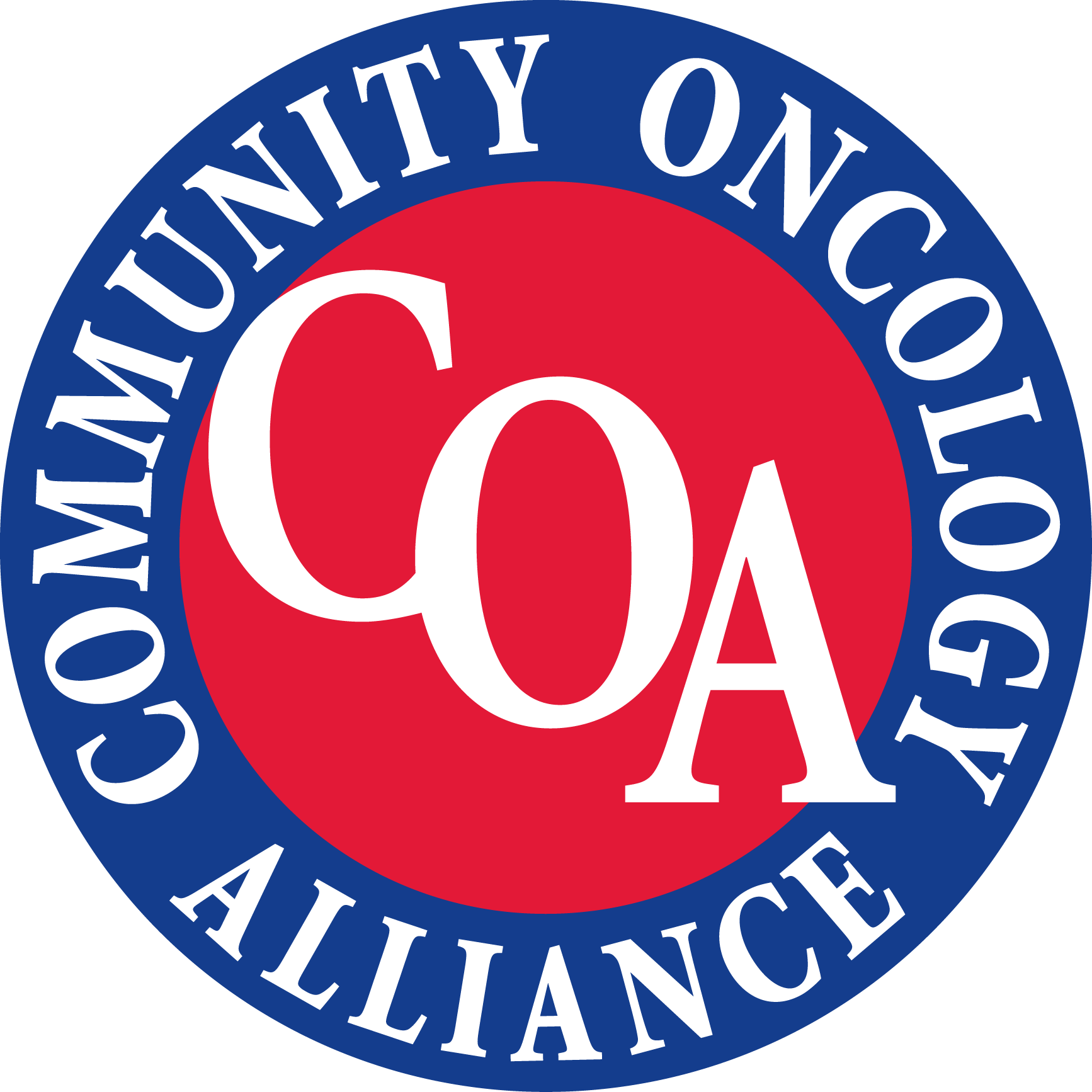
Shiela Plasencia on the Use of Social Determinants Data Collection in Oncology Care

Shiela Plasencia, director of practice support at the Community Oncology Alliance, discusses the benefits of collecting social determinants of health data for both the patient and provider.
It is important to collect data to understand social determinants of health, but it can also be burdensome on the practices, says Shiela Plasencia, director of practice support, Community Oncology Alliance.
Transcript
What are the benefits of collecting data on social determinants of health versus the anticipated benefits for patients of collecting their data?
Yeah, so there's a lot of talk about that, I think the practices really understand that some of that health data is important. And it really impacts the outcomes that the patients will have as far as their treatment goes. But the practices don't really know how to go about doing that.
And what that communication is going to look like with the patient, it's really hard to garner that kind of trust with the patients, and then explain to the patients, what's going to be done with that data after we get this information from you, and make them feel secure that that data is going to be managed in a secure manner. And that they might, they just might not want to share that information.
And so there's a trusting relationship between the practice, the physicians, the nurses, and all of the people that work in the practice that take care of the patient. And if the patients think that they're giving this information, and you're going to turn it over to someone else, that kind of breaks down that trust a little bit. So I think there's a lot of kind of angst about what that's going to look like and how that's going to come to fruition. And what's going to happen with all that data.
When it comes to collecting SDOH [social determinants of health] data, can you discuss the balance between the burden of data collection on oncology practices vs the compensation the practices will receive?
Yeah, that's a great question. You know, the practices are already running very lean, they're still struggling with staffing, resources and issues, you know, from COVID. So in order to be able to assess the information that CMMI [CMS Innovation Center] is asking for, there's definitely going to have to be additional resources there. If you've got a social worker, one social worker is not going to probably be able to do all of that.
So what does that look like? And again, you've got a reduced MEOS [Monthly Enhanced Oncology Services payment]. So how do you go about, you know, beefing up your staffing to be able to commit to taking care of those social determinants of health issues with your patients, and build up the other necessary infrastructure that the practice needs to be able to be successful in that model.
Newsletter
Stay ahead of policy, cost, and value—subscribe to AJMC for expert insights at the intersection of clinical care and health economics.








